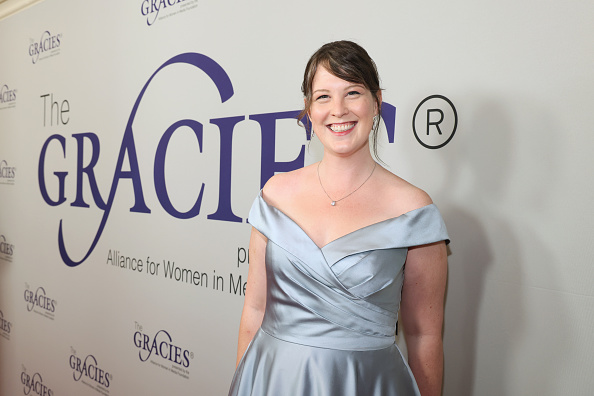(NEW YORK) — In 2018, an emaciated male body was found in the Florida wilderness with little clues about his identity.
But through a group of internet sleuths, the man was later identified as a hiker known by his nickname of Mostly Harmless.
The story is now being re-examined in a Max documentary “They Called Him Mostly Harmless,” which premiered Thursday.
ABC News Live’s Phil Lipof spoke with Emmy award-winning director Patricia Gillespie about the documentary and the interest in true crime.
ABC NEWS LIVE: This looks fascinating. What made you want to turn this story into a documentary?
PATRICIA GILLESPIE: I was initially approached with this story by my colleague, Ethan Goldman at Anchor Entertainment. And at that point, it was the story of this man who had been found deceased and had no identity. But what I saw when I looked deeper was a bigger story about the true crime community and the sleuthing community and why these stories really grab us and move us. And I was interested in exploring that and some of these themes about what it means to be alive in the digital age.
ABC NEWS LIVE: There are quite a few cases of unidentified persons, as you know, what was it about Mostly Harmless that intrigued internet sleuths in that community so much?
GILLESPIE: Yeah, I mean, I think there are some sort of straightforward answers about, the fact that he had met so many people on the trail but not giving them his name; the fact that he died in this very unusual circumstance. He was emaciated but had food in his tent. There were a bunch of facts about the case that made him interesting. But at the end of the day, I also think it’s worth mentioning he’s a good-looking, relatively young white guy and that’s very shareable. And there are thousands and thousands of others, those who don’t find themselves in that demographic, and their stories don’t get shared. So I appreciate you asking that question.
ABC NEWS LIVE: We’ve all heard about these amateur investigators, who use the internet to look into these cases. What did you find out about them as you interviewed them for this documentary as a community? What is it about them?
GILLESPIE: Yeah. So I think there’s been a lot of discourse around true crime, lately, and I think some of it has been kind of dismissive and or critical. And I never mind when they’re critical of us, the makers. But there’s something that always bugs me when they’re critical of our audience.
ABC NEWS LIVE: You have said before that you don’t like how people are critical of this particular community. Why is that?
GILLESPIE: I think that the true crime audience is skews female. And I think like a lot of things that skew female, it’s easy to dismiss or make light of. But in reality, there’s this perception that these are like lonely women who like gory details or whatever. But I think what’s actually going on is an exercise in empathy. I think these are women who are interested or people, the true crime audience, are people who are interested in examining life with these very high stakes of life and death, who are interested in seeing people maintain their goodness in the face of something dark or evil or scary.
And I really wanted to examine it through these women, in this story, because I felt they weren’t just spectating. They were doing something and I felt that was special and deserved to be highlighted.
ABC NEWS LIVE: There was a write-up in the New York Times. I’m sure you saw it. It was a nice write-up about the documentary. One line stuck out to me at the very end. The critic had said, the best documentaries turn the camera on us. I’m paraphrasing if she’s watching, but, that that was what I that was what I thought. And so I want to know, did you go into this thinking you were going to focus on Mostly Harmless or the community that was trying to solve the mystery?
GILLESPIE: As a filmmaker, I tried to go in with questions rather than answers. But what started to emerge to me that was that to me, the real story wasn’t about the details of this private citizen who had unfortunately died under these mysterious circumstances. It was about who he became as sort of this cipher on the internet that all these people, the hikers, the sleuths poured an idea into. And it was usually an idea of him being who they needed him to be, or wanted him to be, or wished him to be. And we do that so much online.
Copyright © 2024, ABC Audio. All rights reserved.












